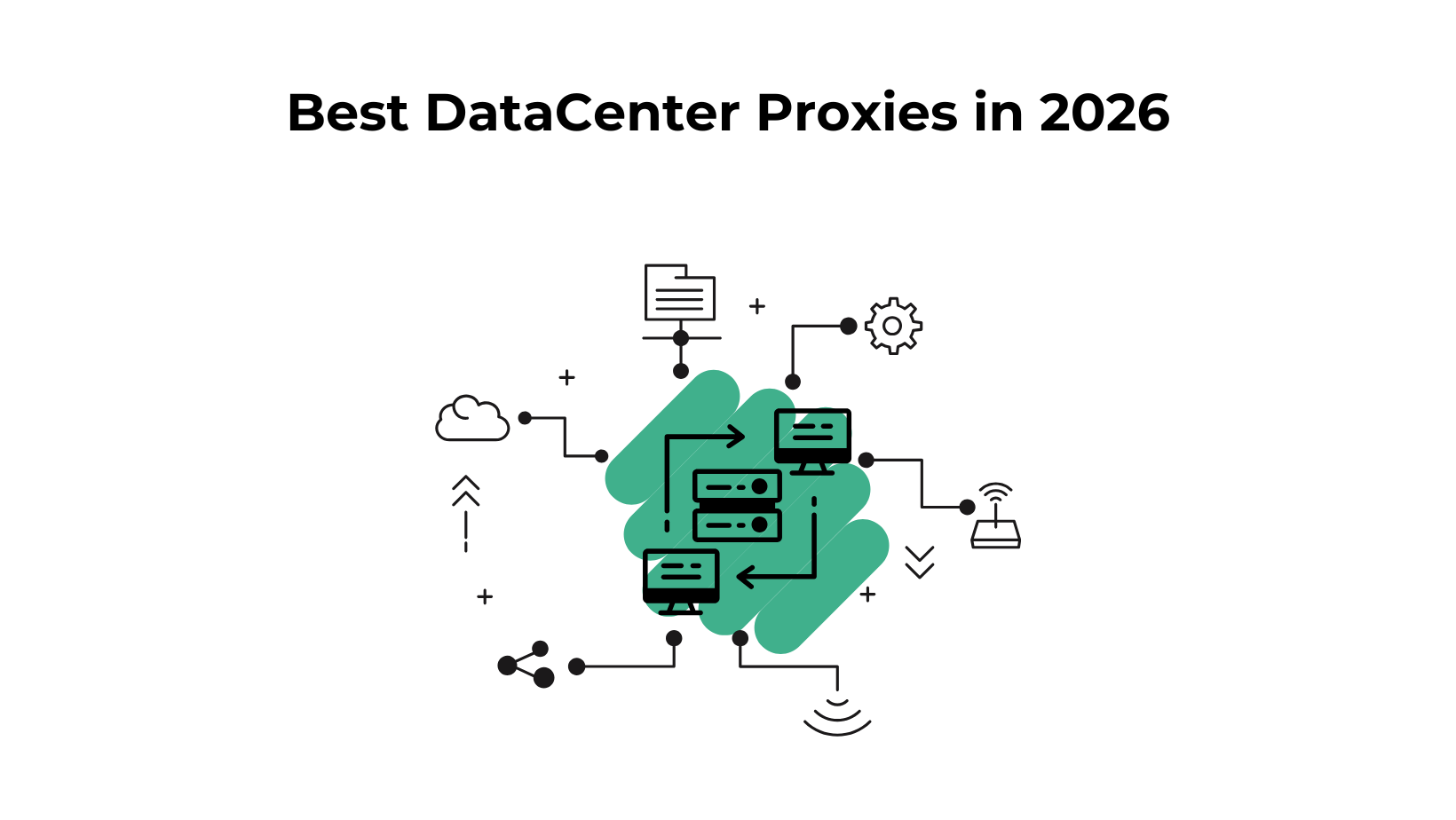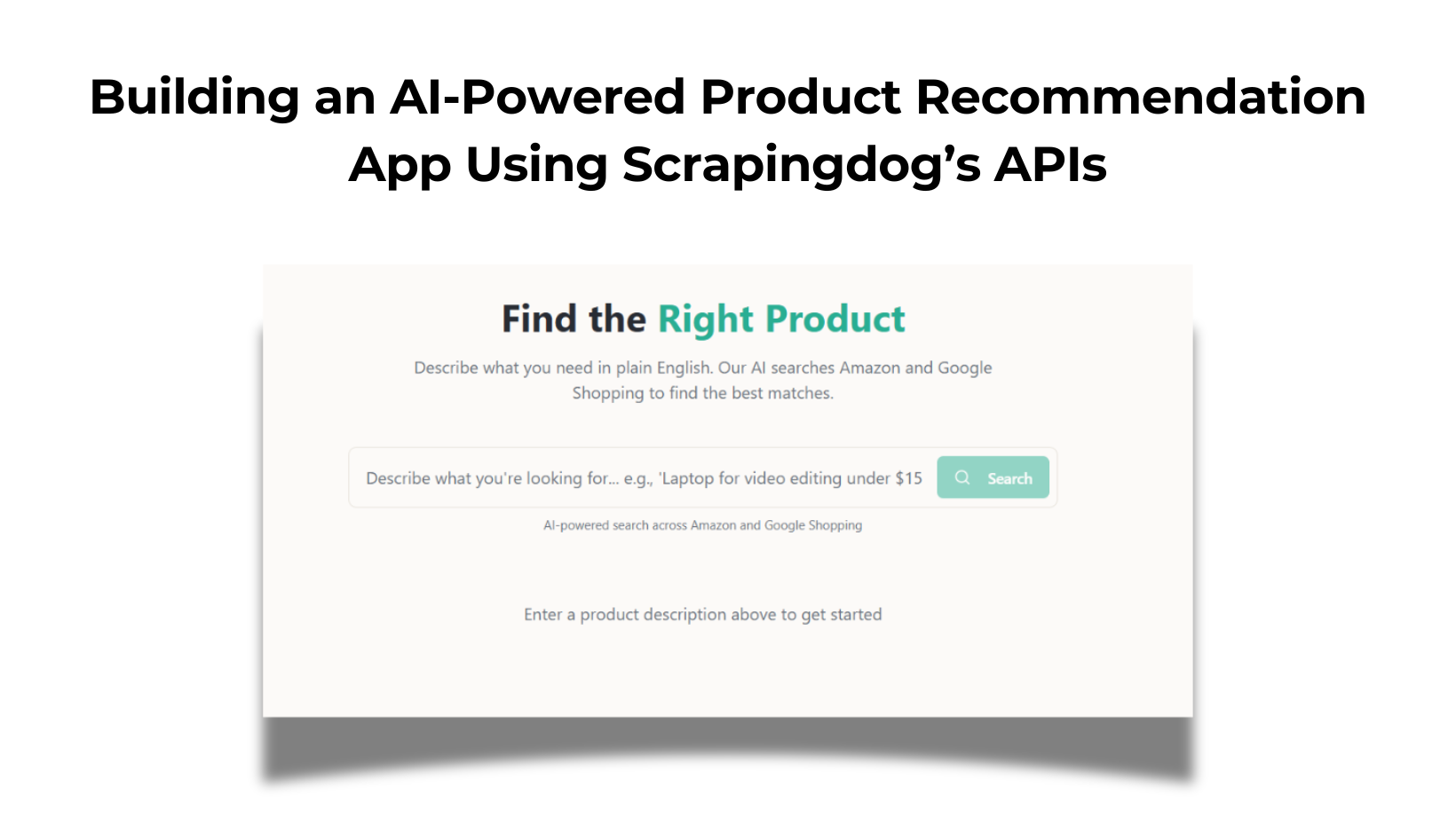TL;DR
- Tested 6 rank-tracking APIs on speed, pricing, scale, dev-friendliness, stability.
- Scrapingdog: ~1.31 s avg; 1k free credits; $0.001 → < $0.00029; 24/7 support.
- SerpAPI: ~2.49 s avg; 100 free credits; $0.015 → $0.0075.
- Bright Data ~5.81 s; SearchAPI ~8.87 s; Apyhub 7.13 s / 80%; ScraperAPI 8.32–170 s / 80%.
- Verdict: Scrapingdog best speed + value; SerpAPI close on speed.
A Rank Tracking API is essential for anyone serious about SEO, digital marketing, or competitive intelligence. Manually checking keyword rankings on Google is a waste of time (and not scalable). A Rank Tracking API lets you programmatically check where your website ranks for specific keywords, monitor thousands of keywords daily or hourly, and track SERP changes across different locations and devices.
If you’ve ever tried building an SEO tool or automating rank monitoring at scale, you already know this: not all Rank Tracking APIs are created equal. Some are fast, some are affordable, and some are not developer-friendly. So, instead of blindly trusting marketing claims, I decided to test them all head-to-head.
In this article, I’ll walk you through 6 of the most popular rank-tracking APIs
Criteria To Test These Rank Tracking APIs
Analysis will be made based on five attributes.
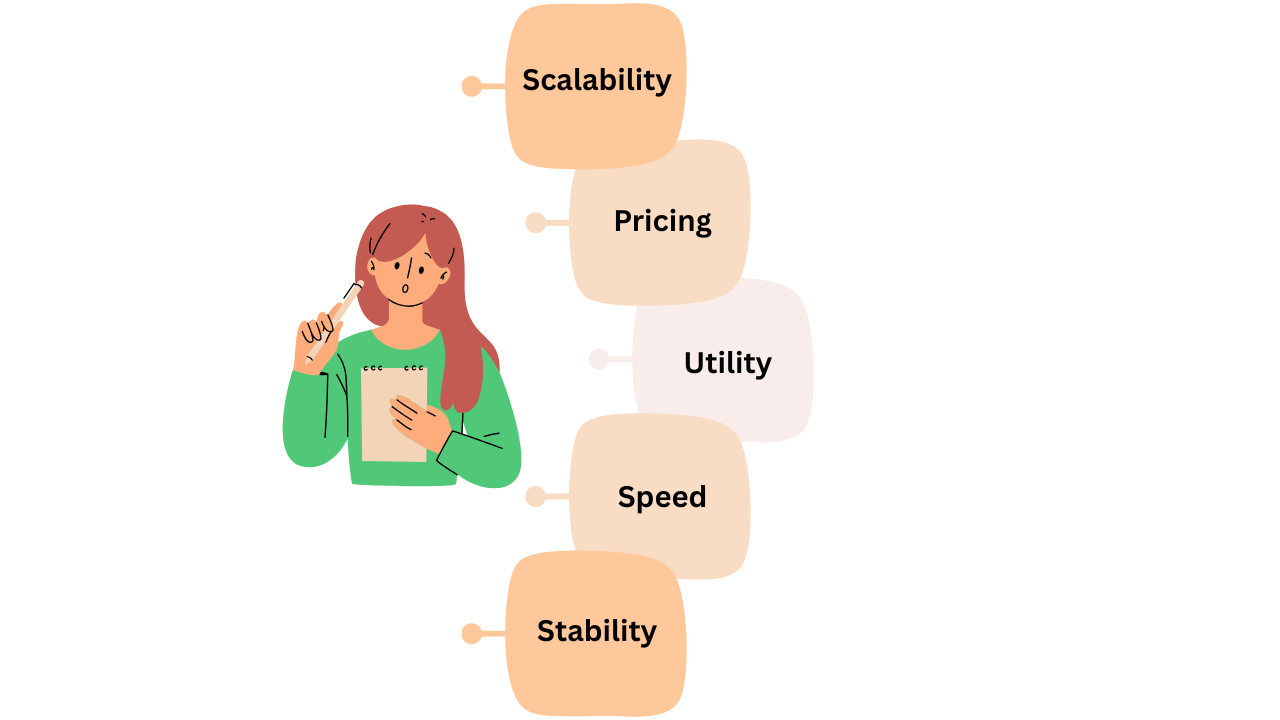
- Scalability– Number of keywords that can be tracked at a time.
- Pricing– Per request cost.
- Developer-friendly– How easy is it for developers to integrate the API?
- Speed– How fast an API responds.
- Stability– Uptime of APIs.
I will be using this Python code to test the APIs. We have also created a rank tracking tool with Google Sheets and Serp API.
import requests
import time
import random
import urllib.parse
# List of search terms
rank_tracking_terms = [
"best running shoes",
"digital marketing agency",
"best cafe in Chicago",
"seo tools for small business",
"best rank tracking api"
]
# Replace with your actual API endpoint
# Make sure it includes {query} where the search term should be inserted
base_url = "https://api.example.com/rank-tracker?query={query}"
total_requests = 10
success_count = 0
total_time = 0
for i in range(total_requests):
try:
search_term = random.choice(rank_tracking_terms)
encoded_query = urllib.parse.quote(search_term) # URL encode the query
url = base_url.format(query=encoded_query)
start_time = time.time()
response = requests.get(url)
end_time = time.time()
request_time = end_time - start_time
total_time += request_time
if response.status_code == 200:
success_count += 1
print(f"Request {i+1}: '{search_term}' took {request_time:.2f}s | Status: {response.status_code}")
except Exception as e:
print(f"Request {i+1} with '{search_term}' failed due to: {str(e)}")
# Final Stats
average_time = total_time / total_requests
success_rate = (success_count / total_requests) * 100
print(f"\n🔍 Total Requests: {total_requests}")
print(f"✅ Successful: {success_count}")
print(f"⏱️ Average Time: {average_time:.2f} seconds")
print(f"📊 Success Rate: {success_rate:.2f}%")
Scrapingdog’s Rank Tracking API
We offer Google SERP API, which can be used to track keywords.
The API will provide you with a JSON response, which will have a key by the name of position , which can be used to track the ranks of keywords in the Google search results.
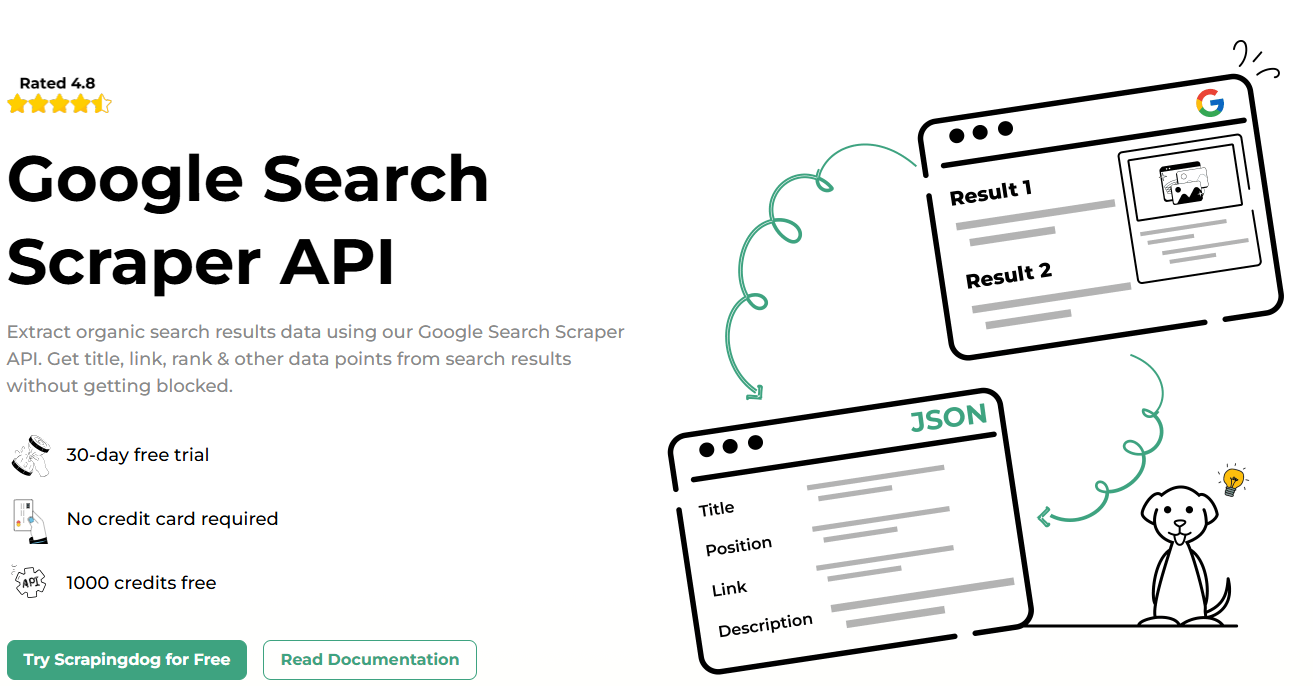
Details
- Once you sign up, you will receive 1000 free credits. You can use them to test this API.
- Per keyword tracking, the cost would start at $0.001 and go below $0.00029 with a higher volume.
- Scrapingdog offers clear documentation, video tutorials, and blogs to help developers easily integrate APIs in their working environment. Our YouTube channel has multiple tutorials on Google SERP APIs.
- Customer support is available 24*7 to help you resolve any query related to the services offered.
Testing the API
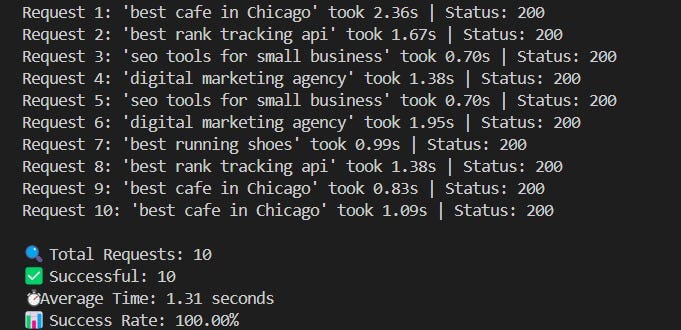
Scrapingdog is blazing fast, with an average speed of 1.31 seconds, and makes keyword tracking effortless.
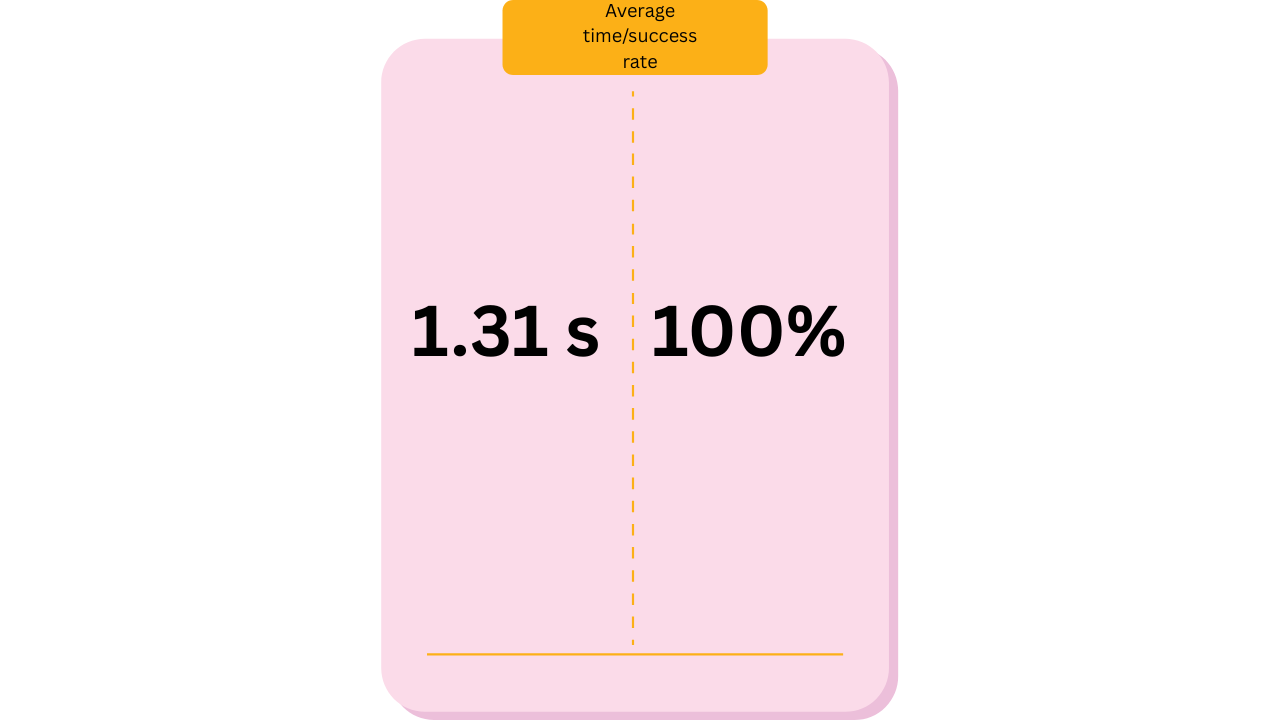
On the flip side, using a sluggish SERP API can cripple your dashboard — sometimes to the point of freezing it. Just take a look at Neil Patel’s SEO tool; it struggles quite a bit, possibly because a turtle-speed API powers it.
Note: Recently, the num=100 parameter was removed. Now, to scrape 100 results from Google, you need to make 10 API calls (each to retrieve 10 results). Due to this depreciation, the rank tracking tools & their pipeline broke.
At Scrapingdog, we created our own rank tracking system using our Google Search API & n8n. You can check out the blog here.
SerpAPI
Serpapi also offers Google Scraping APIs that can scrape data from Google Search results and can be used as a rank tracker.
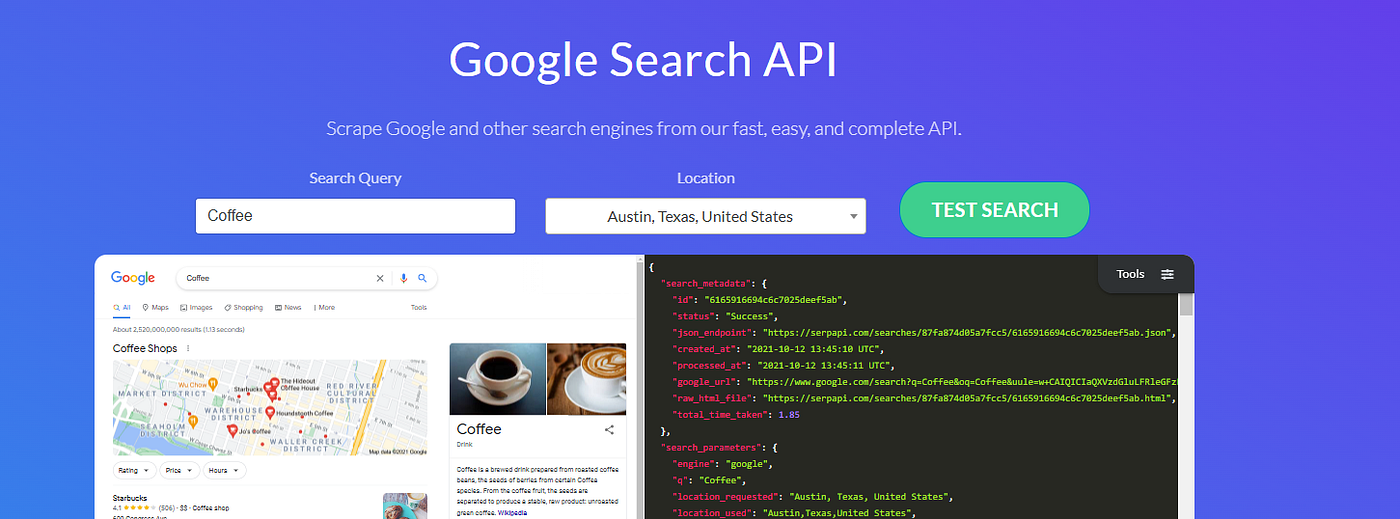
Details
- First-time users will get 100 credits for free for testing the APIs.
- Per keyword tracking, the cost would start at $0.015 and go below $0.0075 with a higher volume.
- They have great documentation, and their API can be easily integrated within any working environment.
- Support is great and replies within minutes. You can contact them through chat support from the website or through emails.
Testing the API
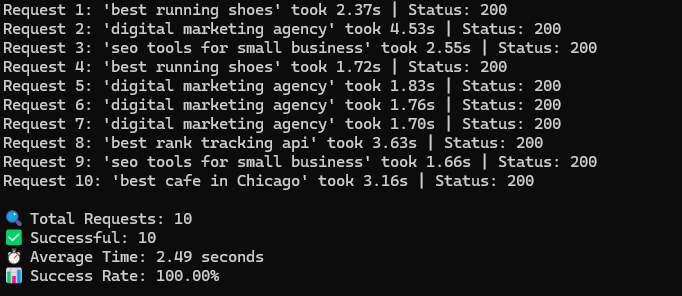
With an average response time of just 2.49 seconds, SerpAPI proves to be a good solution.
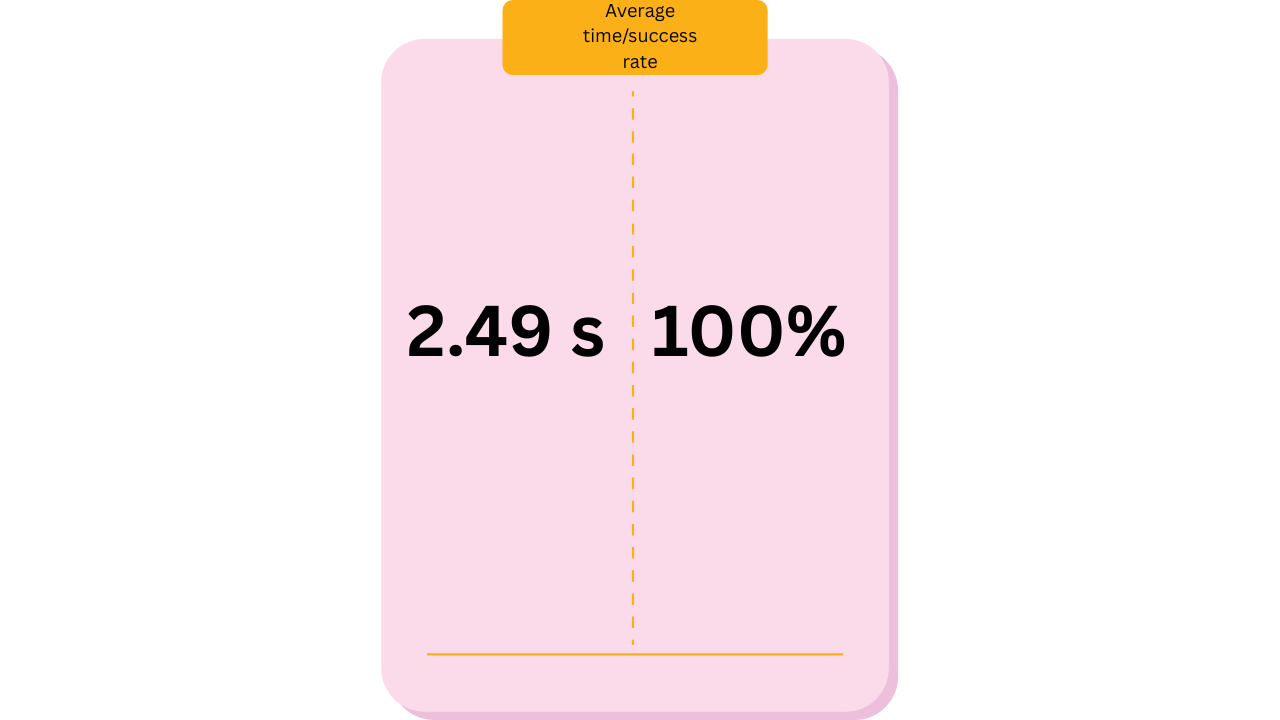
Ideal for building responsive and reliable rank tracking tools with their Google Search API.
This kind of use case is becoming common across many SaaS platforms. You can see more AI SaaS product ideas that startups are building today.
Brightdata
Brightdata is another great choice for scraping search results and tracking keyword ranks.
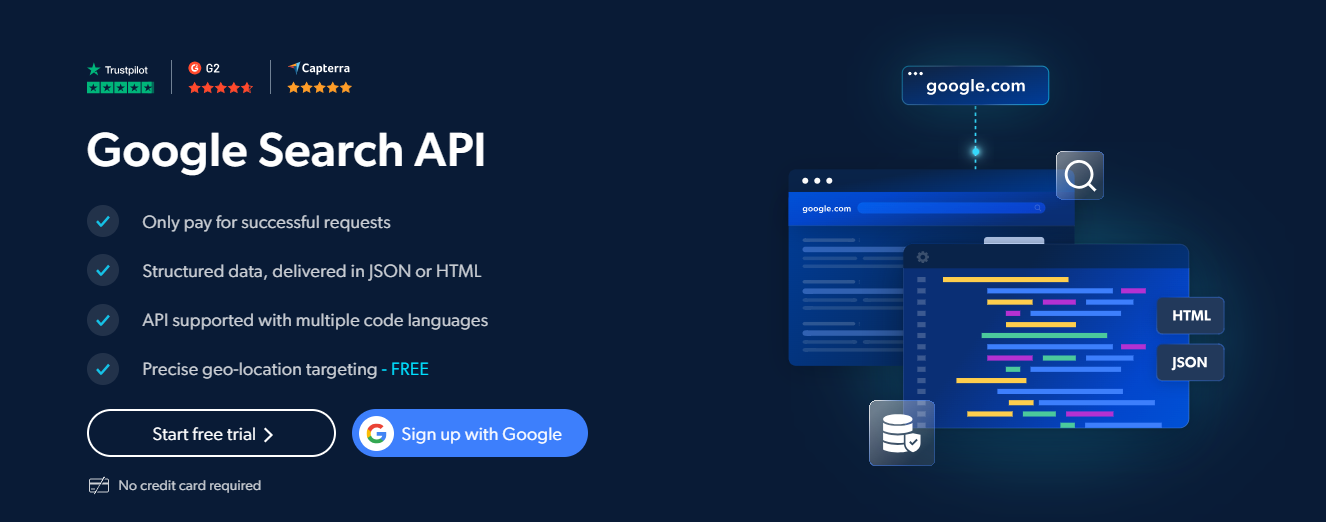
Details
- They do offer a few free credits for first-time users.
- The default pricing is $2.55/CPM, and if you have higher requirements, you can contact them.
- Documentation is clear and concise. Any developer can integrate their proxies and APIs easily.
- They have one of the best support systems in this scraping industry. Sometimes, it feels like they are just waiting for your query to drop. They will answer your query with lightning-fast speed.
Testing the API
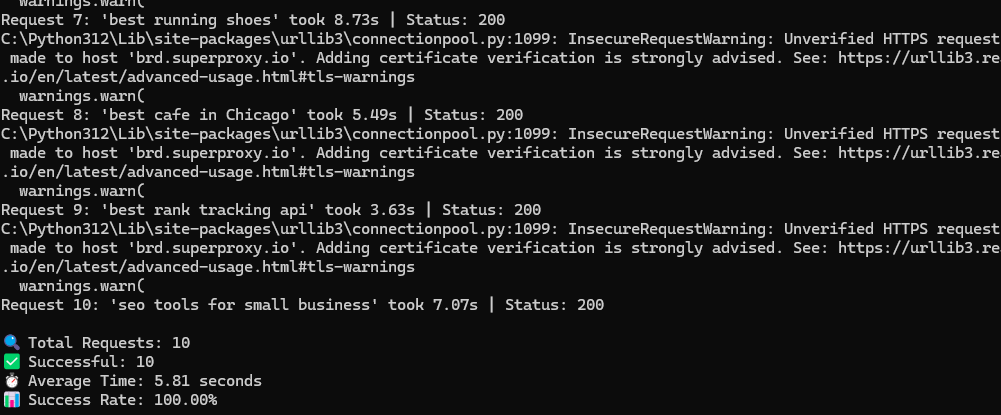
With an average speed of around 5.81 seconds, this API may not be ideal for building a responsive rank-tracking tool.
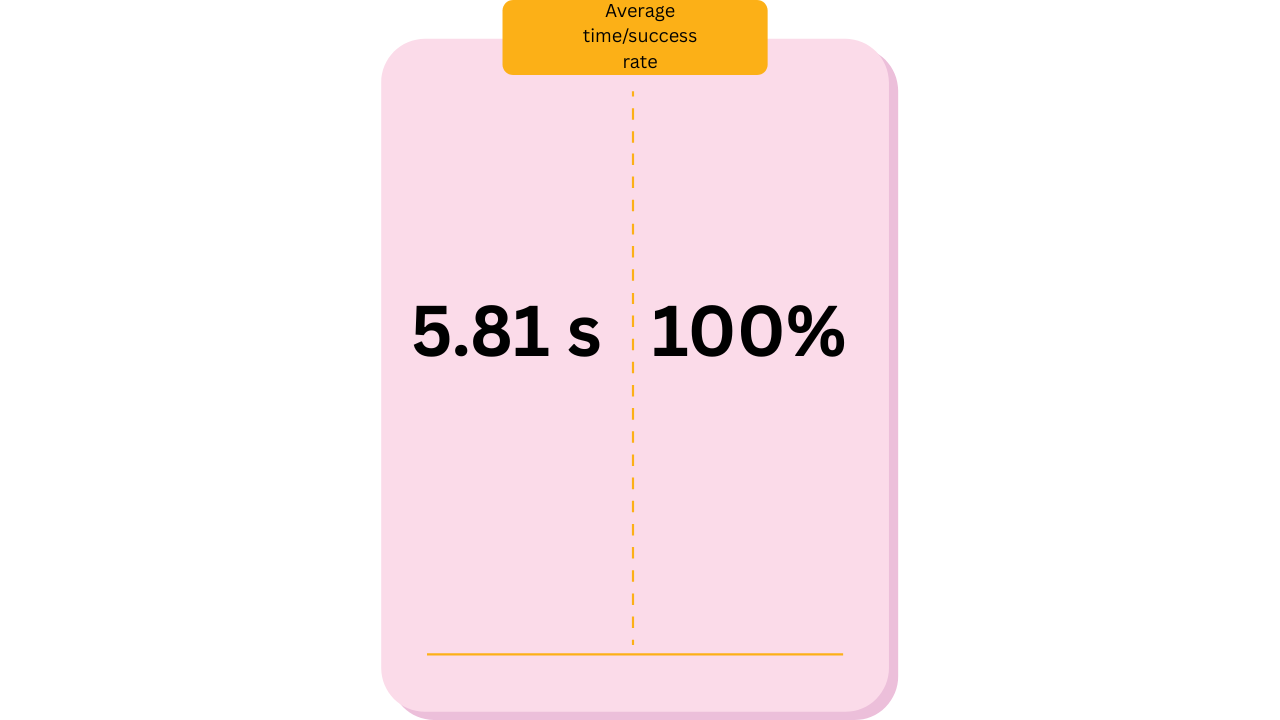
However, its scalability makes it suitable for general SERP scraping tasks. The close is something on the higher end. So before committing to a paid plan its worth checking its alternatives.
SearchAPI
SearchAPI provides a complete solution around Google. Offers a variety of scrapers, including a rank tracking API.

Details
- Just like every other product, they also offer free credits for new signups.
- Per keyword tracking, the cost would start at $0.004 and go below $0.002 with a higher volume.
- The documentation is well-organized, and users can simply copy the code and run it directly in their development environment.
- You can contact them through chat or email.
Testing the API
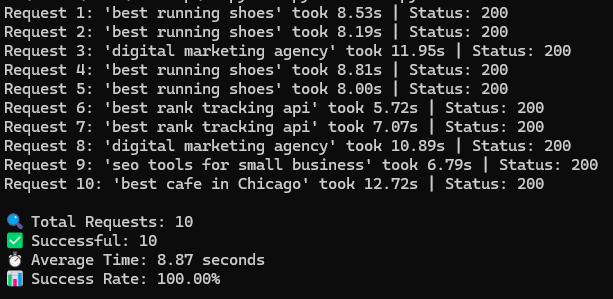
Clocking in at an average of 8.87 seconds per request, this API isn’t winning any speed awards.
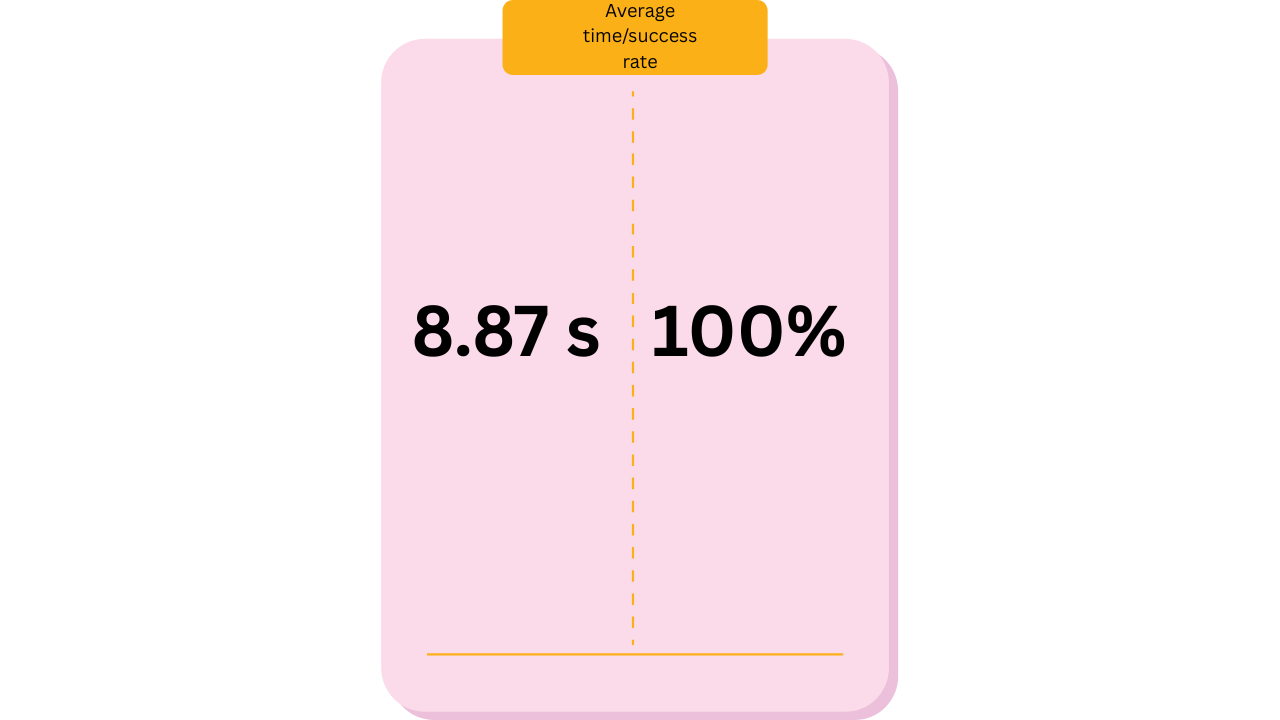
Still, if you’re more focused on scale than speed, it can get the job done for basic SERP scraping.
Apyhub
Apyhub is another rank-tracking API that offers great tools around SEO.

Details
- On a new signup, you get very few free credits to test the API. I mean, you cannot even test the API completely. Around 5 API calls are free for a day.
- Finding the right API on the website is a challenge in itself. Documentation is not great.
- Pricing is not clear. So, cannot comment on that.
- Support does not work. Nobody responds.
Testing the API

With an average speed of 7.13 seconds and a success rate of 80%, this API might test your patience if you’re building a real-time rank tracker.
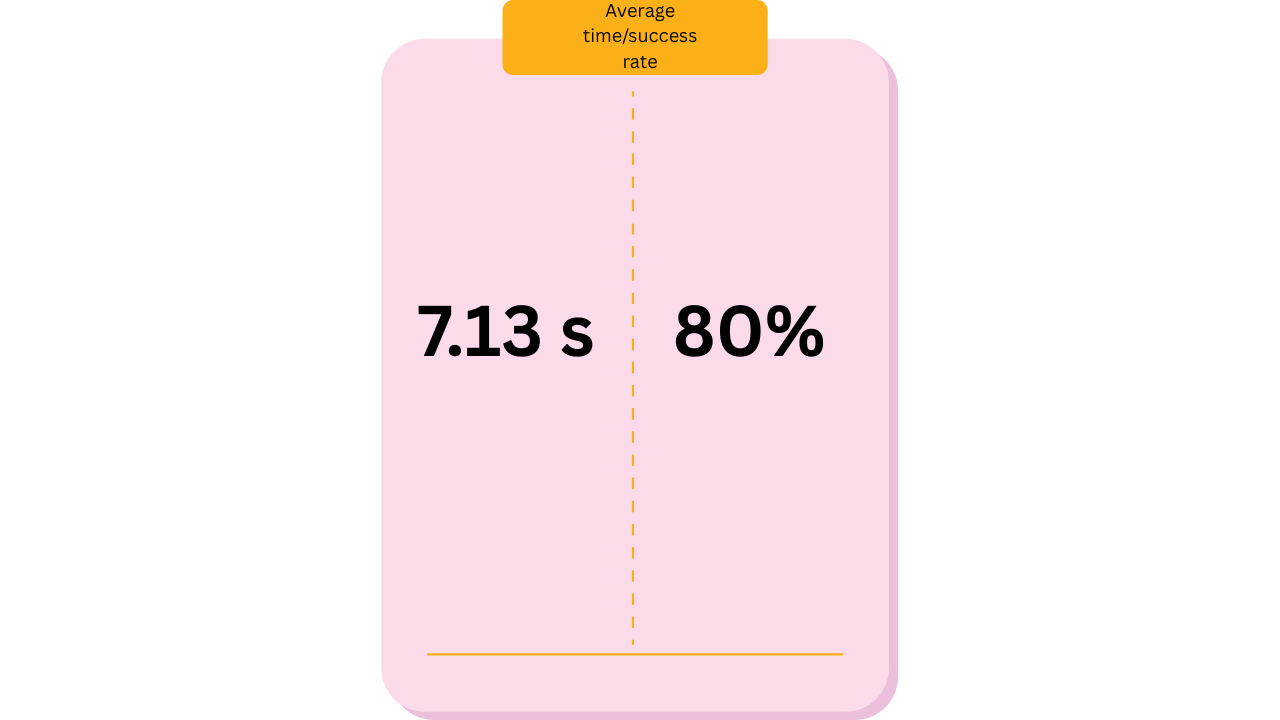
That said, if you’re scraping SERP data in bulk, this API is a NO NO!
ScraperAPI
ScraperAPI is an old player in the web scraping industry, and they also offer a SERP API for tracking the ranks of keywords.
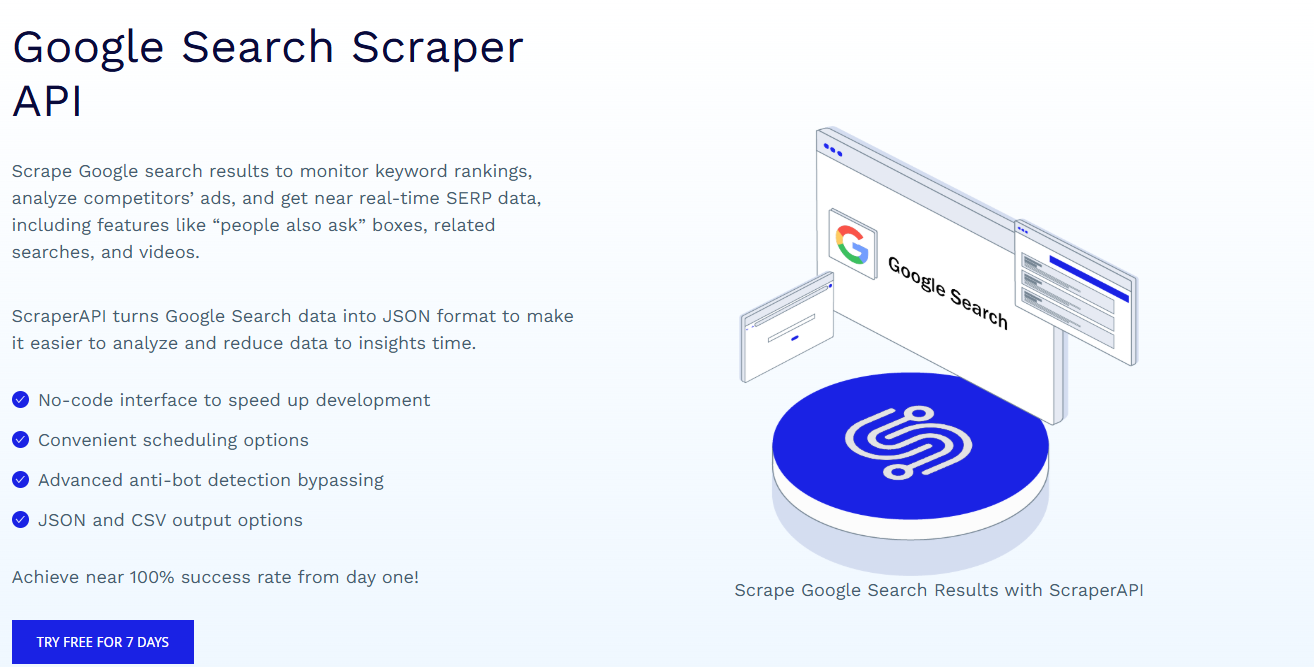
Details
- Just like its competitors, it also offers free credits for testing the API.
- Per keyword tracking, the cost would start at $0.01225 and go below $0.002075 with a higher volume.
- Documentation is clear enough and can be easily integrated.
- Support is available, but you might have to wait a whole day to get your query resolved. They also do not offer instant chat support.
Testing the API
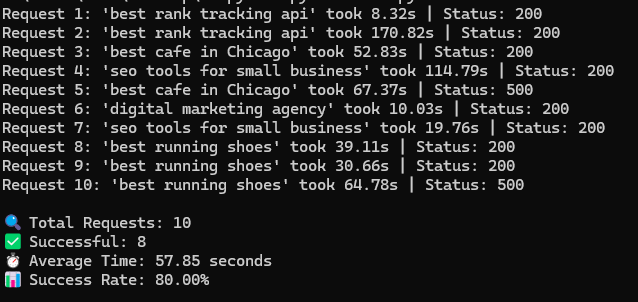
Testing this API was a rollercoaster — and not the fun kind. At one point, I was just hoping the program would finish. The fastest response I got was 8.32 seconds. One request even took 170 seconds (yes, you read that right).
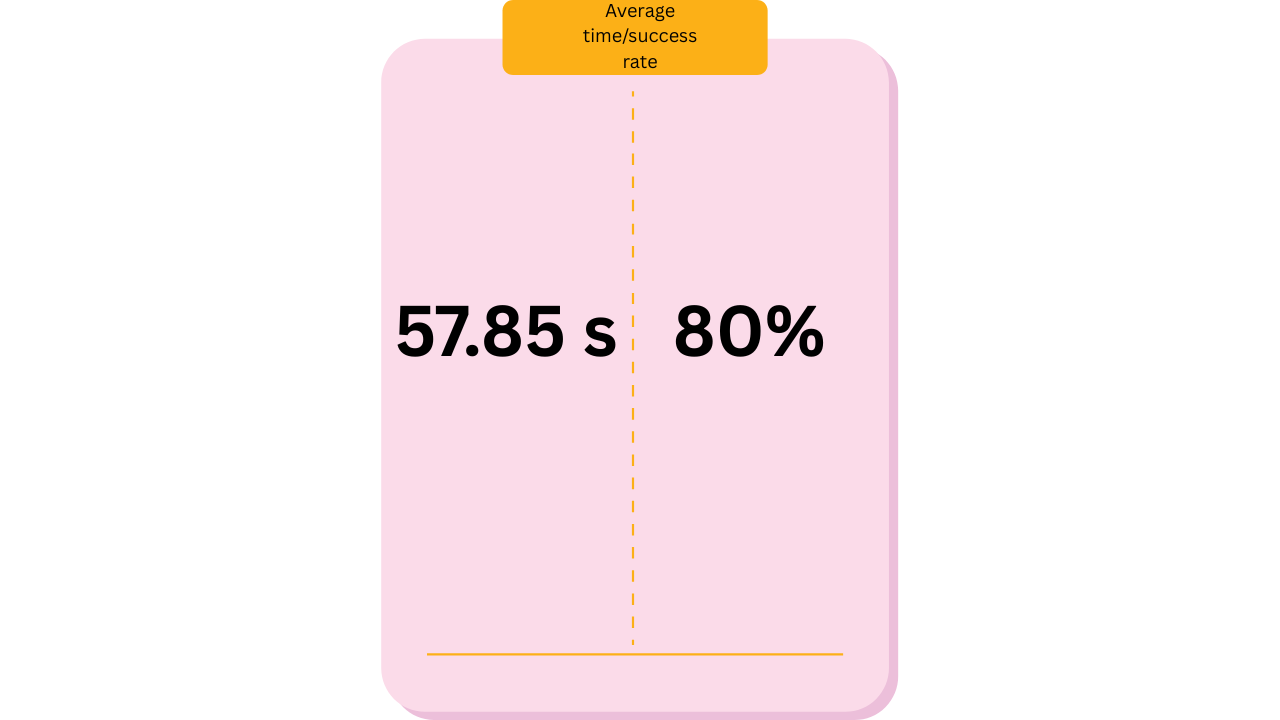
With a success rate of 80%, I’m honestly not sure whether to laugh, cry, or just close the terminal and walk away.
Read More: Why Scrapingdog is a Better Altenative to ScraperAPI
Conclusion

Every API might look the same from the top, but once you test them, you see the real strength of the product, and you can determine which one best fits your rank tracking mechanism.
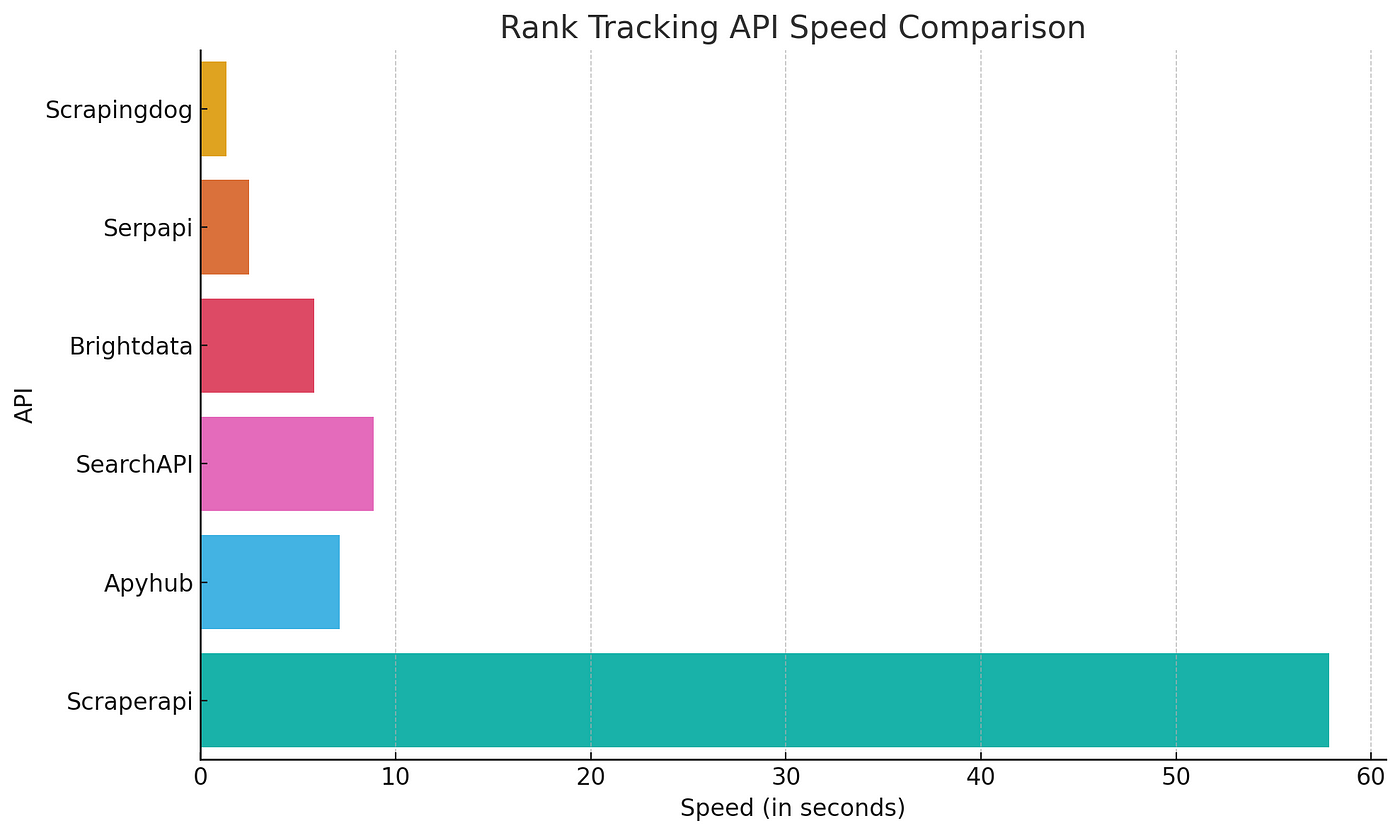
Scrapingdog and Serpapi are clear winners when it comes to response time.
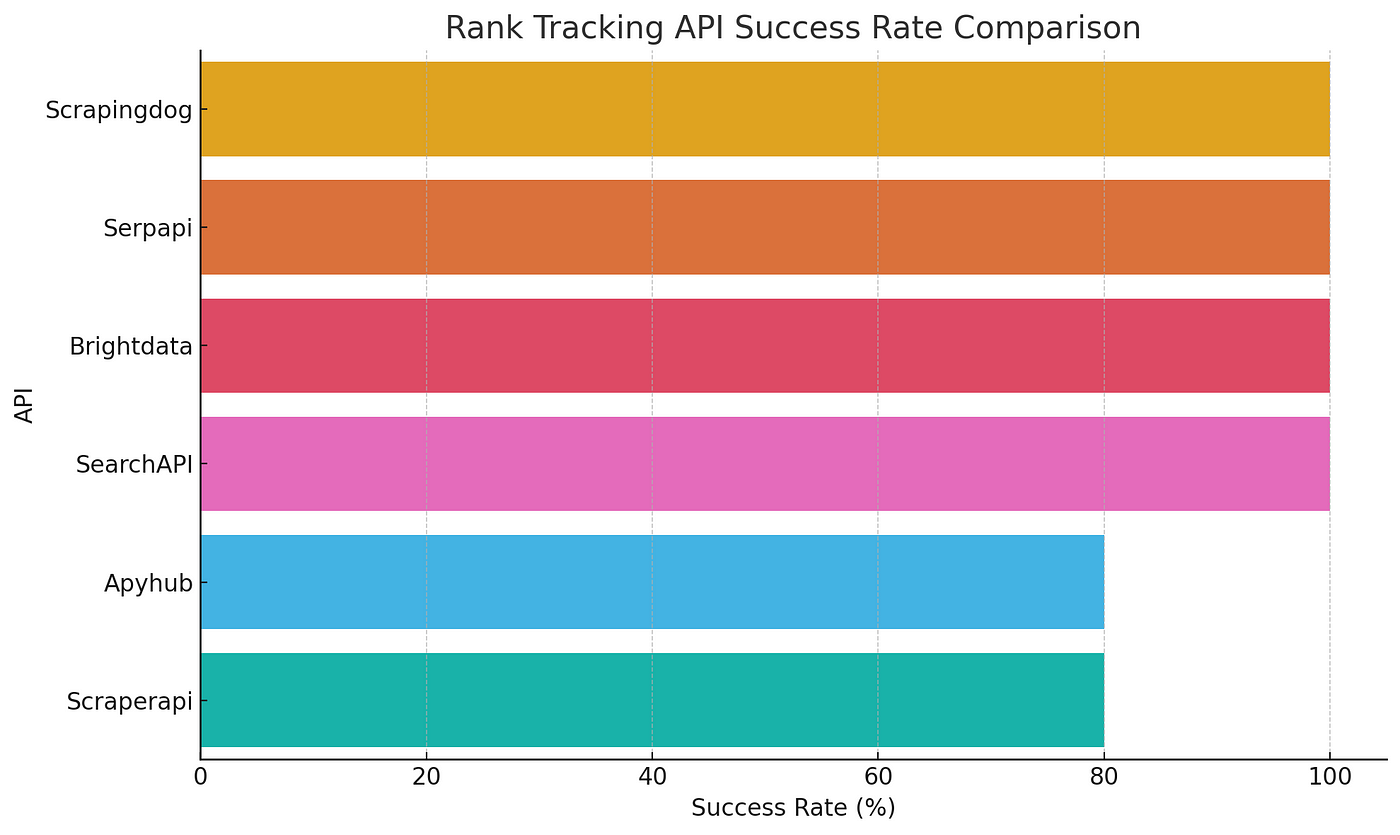
Even if you look at the success rate offered by these APIs, you will reach the same conclusion. There are only two choices if you ignore the pricing. But if you consider the pricing as well, then Scrapingdog is worth every penny.
You can integrate each of these tools or APIs into your digital marketing strategy to check keyword rankings, and each will work effectively.
But if response time is something that you care about, pick APIs that have faster response times.
